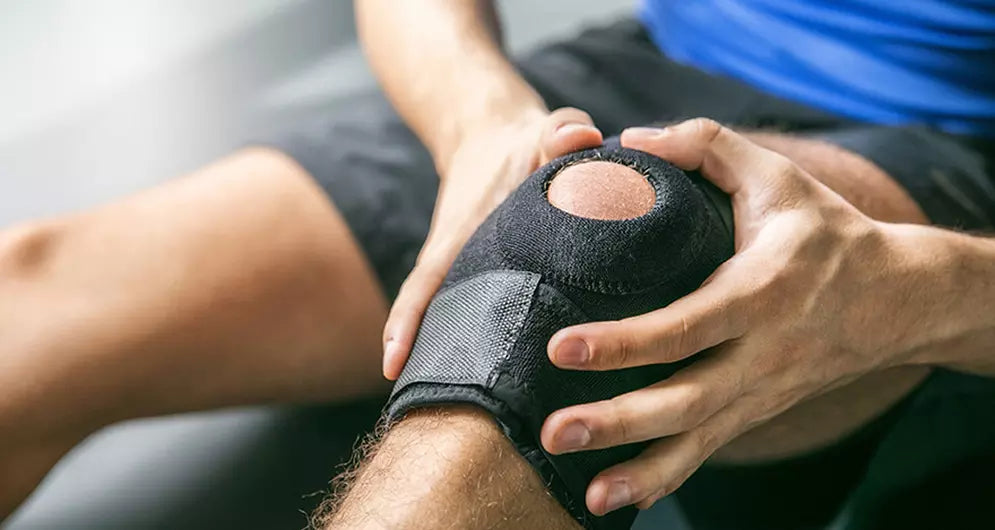Injury happens regardless of training level, volume or discipline. It can be demoralising and disheartening and often the temptation for clients is to reach for food that can comfort the mind rather than heal the body. Therefore, it is important that you, the fitness professional understand what nutritional strategies to advise to promote healing and facilitate your client’s rapid recovery.
Nutritional recommendations should be specified according to the degree of immobilisation, the decrease in activity and the degree of muscle mass loss, strength and function1. These will of course differ depending on which of the 3 stages of recovery your client is experiencing.
- The inflammatory phase; occurs 4-6 days after the initial injury and is characterised by pain, swelling and inflammation as immune cells are drawn to the area for healing.
- The proliferation phase; occurs 4-14 days after the initial injury, during which damaged tissue is removed and new tissue regenerated.
- The remodelling phase; occurs 1 week up to 1 year and is characterised by the regeneration and remodelling of strong permanent tissue.
It is also important for your client to understand that although their physical activity has decreased the body requires energy for the healing process. It is estimated that an increase of 100-500 kcal (10-15%) should be factored into their daily estimated energy requirements. This will promote healing, maintain muscle mass, while also reducing the risk of increasing excessive amounts of body fat while inactive. In general for regular gym users this equates to an increase in 100-200kcal, although will depend on the severity of the injury and the degree of immobilisation.
Protein is one of the most important nutrients during the recovery process. It is not only needed to provide the body with the building blocks to repair muscle tissue but the muscle is also less sensitive to the anabolic properties of protein when injured. Therefore, it is recommended that daily protein intake is increased to 1.6-2g/kg body weight, is evenly spread into 4-6 servings of 20-30g of protein and consists of fast digesting proteins with a high leucine content.

Other foods such as fats, carbohydrates, fruit, vegetables, herbs, spices and certain supplements, also provide the body with healing nutrients to promote a fast return to play for your client.
Use our infograph below to advise your clients on what foods to include in their diet to fast track their healing process.

For more information on Injury Nutrition check out: https://www.englandrugby.com/participation/playing/food-for-rugby.
Note: This article is supporting content to the Optimum Nutrition for Health and Performance course and is for educational purposes only. It does not reflect the opinion of Glanbia Performance Nutrition, nor is it intended for product marketing purposes.
References:
- Quintero et al., 2018. An overview of nutritional strategies for recovery process in sports-related muscle injuries. Nutire.
- Tipton KD., 2015. Nutritional Support for Exercise-Induced Injuries. Sports Med.
- Wall BT, et al. Disuse impairs the muscle protein synthetic response to protein ingestion in healthy men. J Clin Endocrinol Metab.
- Phillips SM, Van Loon LJC. Dietary protein for athletes: from requirements to optimum adaptation. J Sports Sci.






